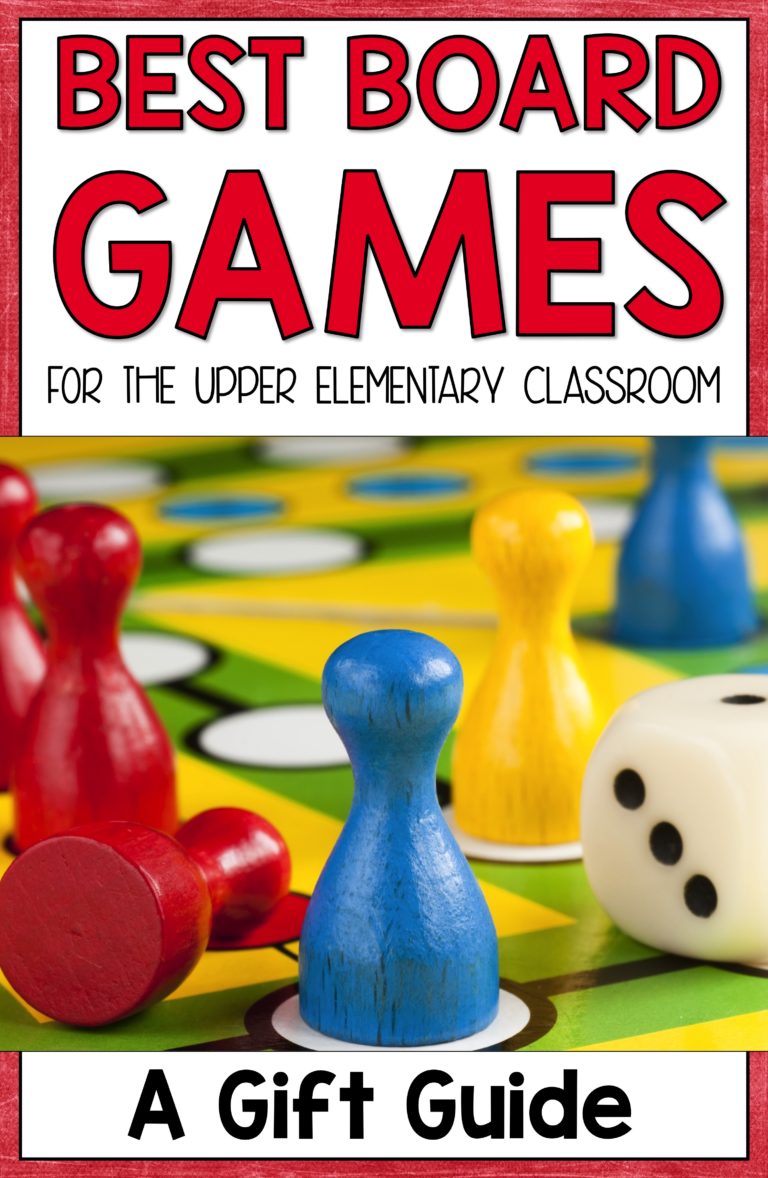

Grading Papers is something I loved to do when I was 10 years old playing “School” with my sister. I’d give an assignment to my imaginary class consisting of stuffed animals, then I’d collect the papers to happily grade while my little friends would silently watch. Within 2 minutes the entire stack of papers (all 9 of them) would be graded and handed back. Easy Peasy.
Well, fast forward just a few years, and it’s not quite so magical or easy in the real world of teaching. With a class of 24-29 (sometimes more) and 6 different subjects on any given school day, the papers add up faster than I could have ever imagined.
Getting the paper grading mountain tamed is not an easy task. Just ask any new teacher, and they’ll tell you that in addition to classroom management and discipline, paper grading is by far one of the toughest things to get under control. Three weeks into her first teaching assignment, one new educator posed this plea for help in a private teaching forum: “Does anyone have any suggestions or strategies for grading? I am a new teacher 3 weeks in and I come home with a tall stack of papers to grade every weekend. Is there anything that has worked for you all?” I am sharing the advice I gave her, along with some added insights, with you today.
Here are 5 ways to cut back on the Mount Everest-sized piles of papers:
Personally, I do not have students correct each others’ work. I take this approach for a few reasons. First, I do feel that it can be embarrassing to some students who struggle when peers see their mistakes. I try to establish a classroom environment where students feel safe to make mistakes. I feel that having students check each others’ papers defeats this goal. Additionally, with today’s issues of confidentiality, I just feel like I have all my bases covered if anything is ever brought into question. Finally, by checking students’ work myself, I have an opportunity to analyze types of errors they are making and to see where they are having difficulties. This is often valuable to me because once I see the types of errors a specific student is making, I can quickly meet with him the next morning and show them him to do the problem correctly. With that said, I do realize this is a personal choice, and at the end of the day a teacher must do what works for his or her own situation.
Now, go tame that paperwork mountain! You’ve got this!
If you are looking for materials to help you get organized and stay on track, I’ve got you covered! Check out my Organizational Binders, Labels, and Packets in my Teachers Pay Teachers store!

Hi, I’m Shelly! Thank you for being here. I love helping third, fourth, and fifth grade teachers with fun and engaging activities that require no to little prep! Let me help you by taking some of the stress and work off your plate.

©2022 Shelly Rees. All Rights Reserved.